
Berry is an impressive, award-winning journalist and TV anchor. Her award was from the Associated Press for her weekly series, Heavenly Helpers. When I first got a chance to talk with her, she explained that they aim to support local authors on the show, which was great.
It can seem strange to most scholars to put a lot of effort into securing and participating in a 3 minute interview, which is what it came out to be. Consider how much advertisers spend on 30 seconds or 1 minute of television, however, and all of a sudden, you can appreciate better what 3 minutes of air-time means, in financial terms. One source estimates that even on a local show, ads can cost from as little as $200 to as much as $1,500 for 30 seconds. So a 3 minute interview could be valued from anywhere between $1,200 and $9,000. That’s worth the drive to Tupelo, MS. Those aren’t funds that come to me, of course, but they are value that the show offers for getting the word out about Uniting Mississippi.
After a few nice questions about the book, Berry asked me about the book signing that I’ll be holding from 12-1:30 pm today at Reed’s Gumtree Bookstore, here in Tupelo. Here are a few photos I snagged of my visit to WLOV. When I get a clip of the video of the interview, I’ll post it to my site also. It was a great experience.
Know a TV station that might be interested in hearing about Uniting Mississippi? Let me know on Twitter or on Facebook.







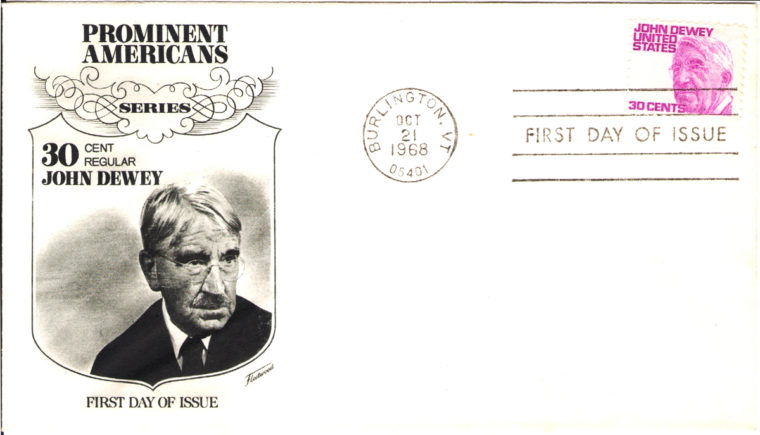

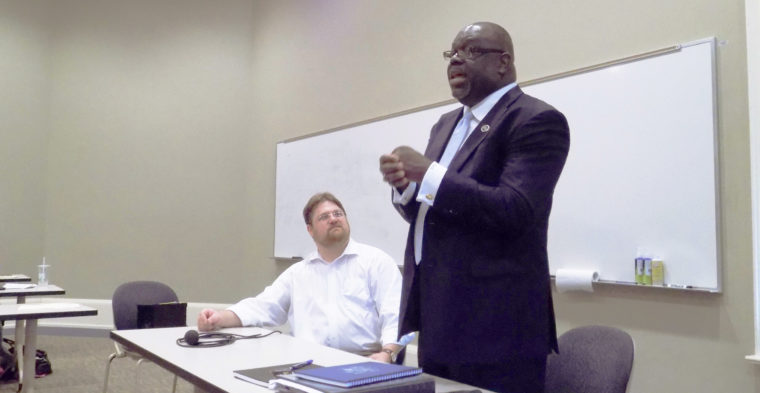

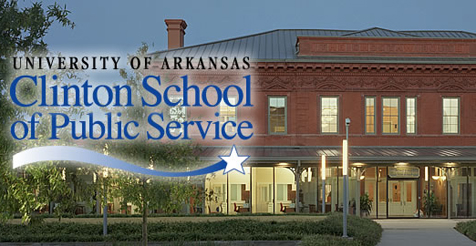



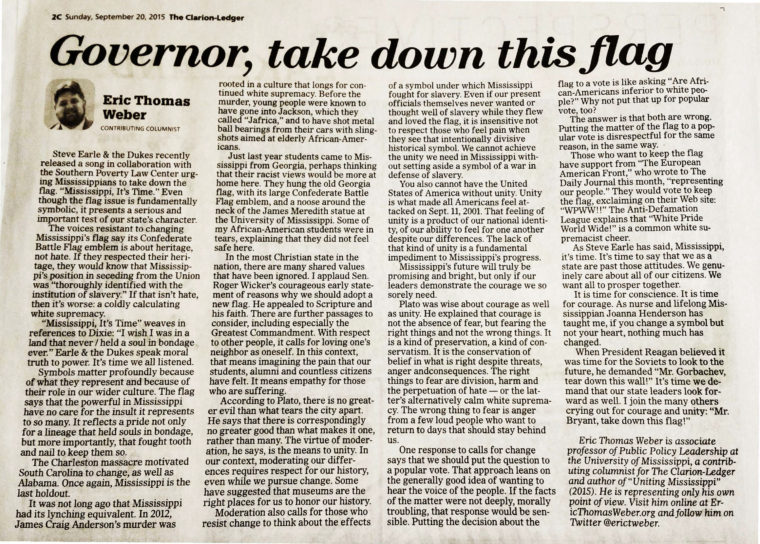

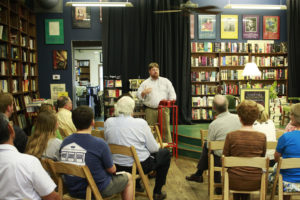
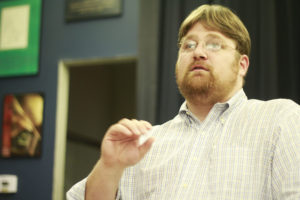
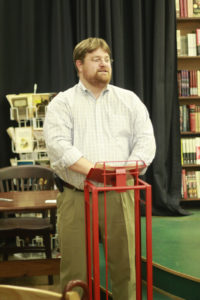
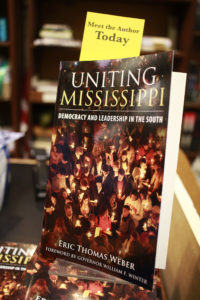
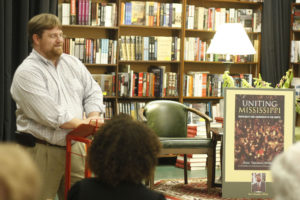
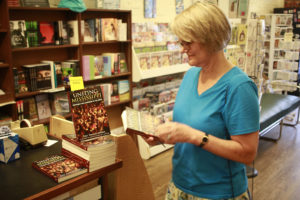
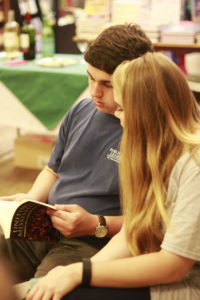
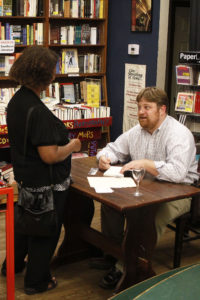
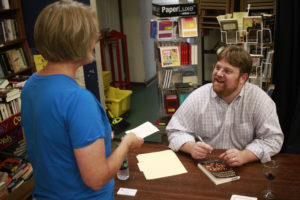
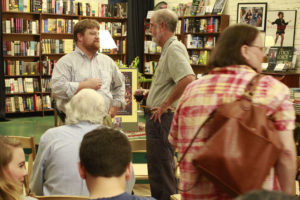
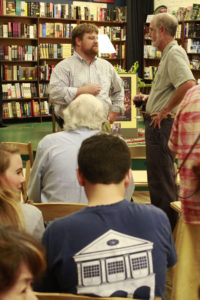
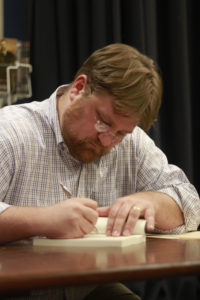
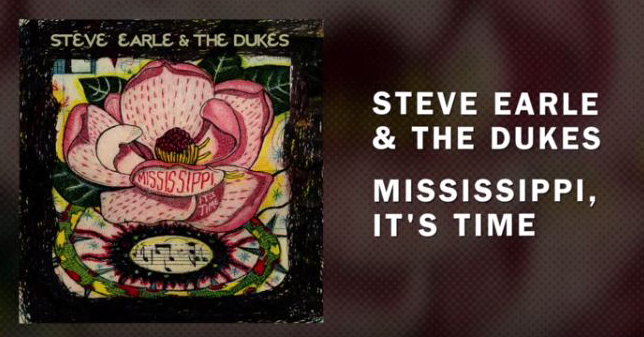


 About Me
About Me